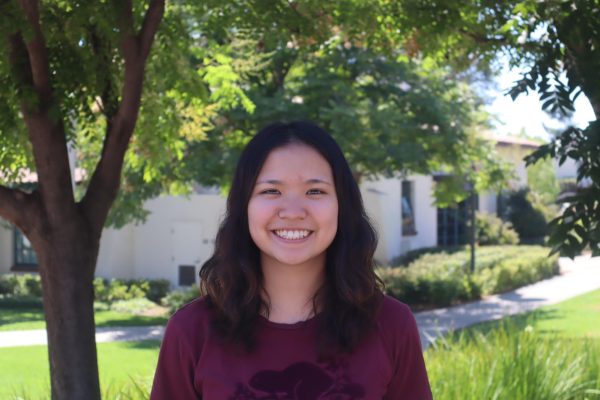As you scrolled through your course selection catalogue this year, you might have noticed something a little different. Starting in the 2024-2025 academic year, numerous AP classes will be replaced with Advanced Studies classes covering similar content.
The intention behind Advanced Studies classes is that curriculums will become more flexible and expansive. This change could include more labs, in-class activities, and fewer tests.
“The AP doesn’t really align with our academic philosophy here in terms of how we want students to think,” said Micheal Hoe, Assistant Head of Schools, “If you think about our humanities electives, and compare it to an AP US History test, they’re just not in sync.”
These changes will be applied to higher level natural science classes and to all higher-level classes in the world language department.
The new courses are as listed:
World Languages:
- AdvSt Spanish Language & Culture
- AdvSt Spanish Literature & Culture
- AdvSt French Language & Culture
- AdvSt Chinese Language & Culture
Sciences:
- AdvSt Biological Sciences
- AdvSt Environmental Solutions
This change was brought to Webb after a year and a half review process, during which members of the Webb administration talked to peer schools, colleges, and universities to gather data. Administrators deduced that Advanced Studies classes fit Webb’s learning philosophy better, as these classes push students to think more deeply and authentically about subject matters. Administration plan to replace other AP STEM classes with Advanced Studies alternatives.
“We already had conversations in the languages [department] with teachers who were thinking about transitioning to an Advanced Studies curriculum,” Mr. Hoe said. “In AP Enviornmental Science and AP Biology, we have had teachers expressing that if they didn’t have to teach the AP curriculum, they would have space to do other activities, – so those are the classes we decided to start with. Then math, physics, chemistry, and others will come later.”
From a college admissions standpoint, Mr. Hoe reassures that colleges and universities around the world view Webb’s Advanced Studies curriculum just as rigorously, if not even more advanced than they view AP courses.
“Our Advanced Studies courses challenge students to think more authentically and deeply about the subject matters and schools know that, so I don’t think it’s going to be a disadvantage,” Mr. Hoe said.
The transition from AP to Advanced Studies classes has received mixed student feedback at Webb.
“I think it’s important for students to have a standardized score, especially in college admissions,” said Petrina Ong (‘24), a student who has taken 5 APs. “Also, students take classes more seriously when there is a final test at the end.”
On the other hand, some students view advanced courses as less stressful, as they have a more expansive curriculum and do not include a final exam.
“In advanced classes, you’re able to get more into the material instead of getting a surface-level understanding,” Emily Thornton (‘25) said. “I don’t love the world languages shifting to advanced studies because I lose out on the college credit, but I appreciate the sciences because I like to be able to do more research and learn more in-depth.”
As students begin to take more Advanced Studies courses, Mr. Hoe hopes that this transition opens more opportunities for students to discover their passions.
“I think [Advanced Studies classes] will help students think about what they’re interested in learning based on our course offerings,” Mr. Hoe said. “I think [they will] help students open up in terms of considering classes they might not have if there was an AP offered.”


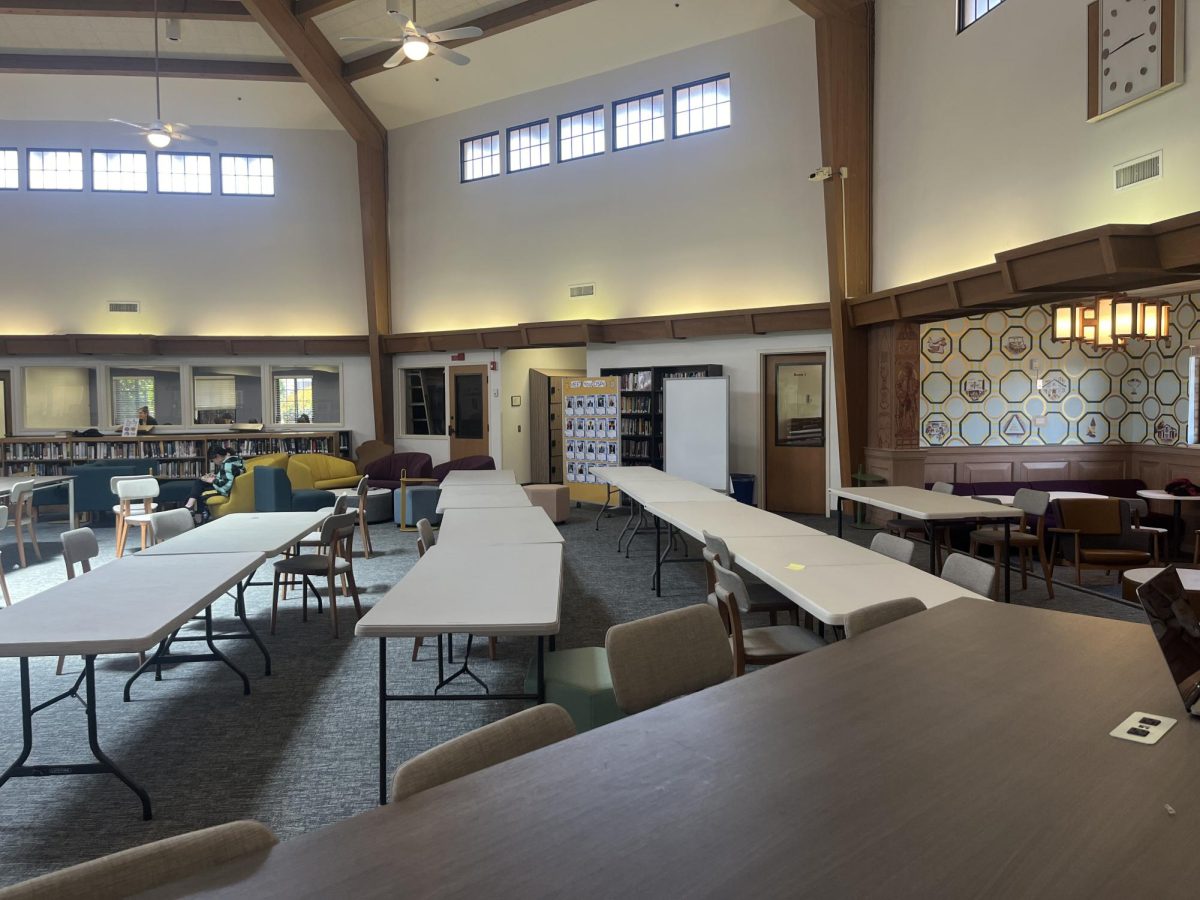

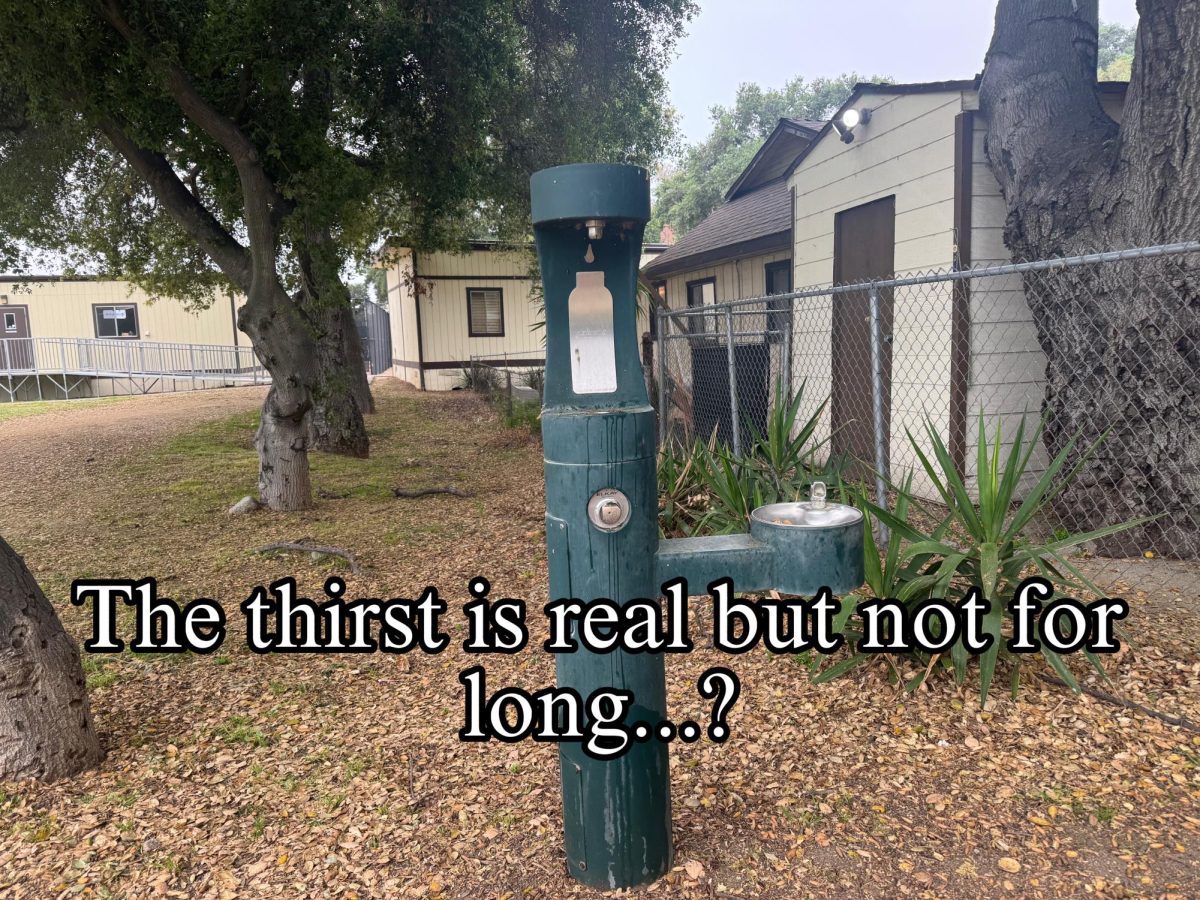
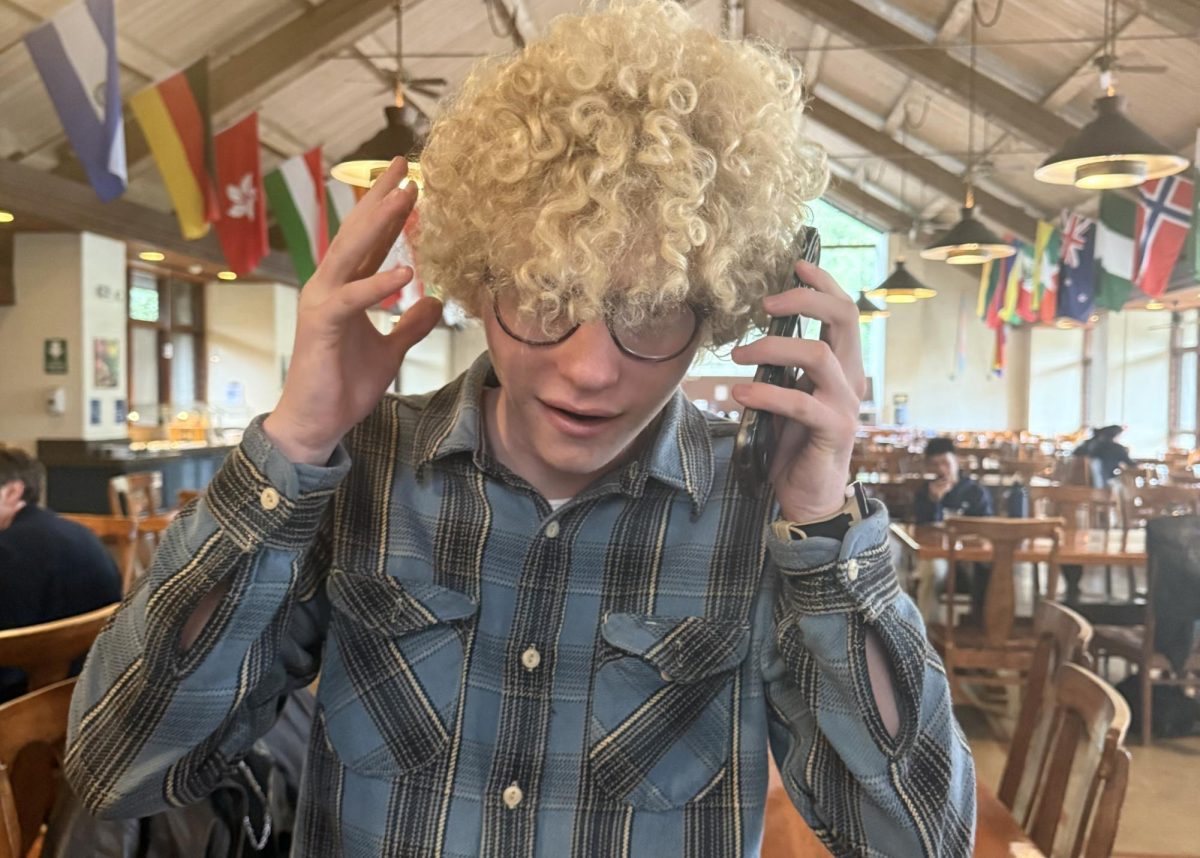
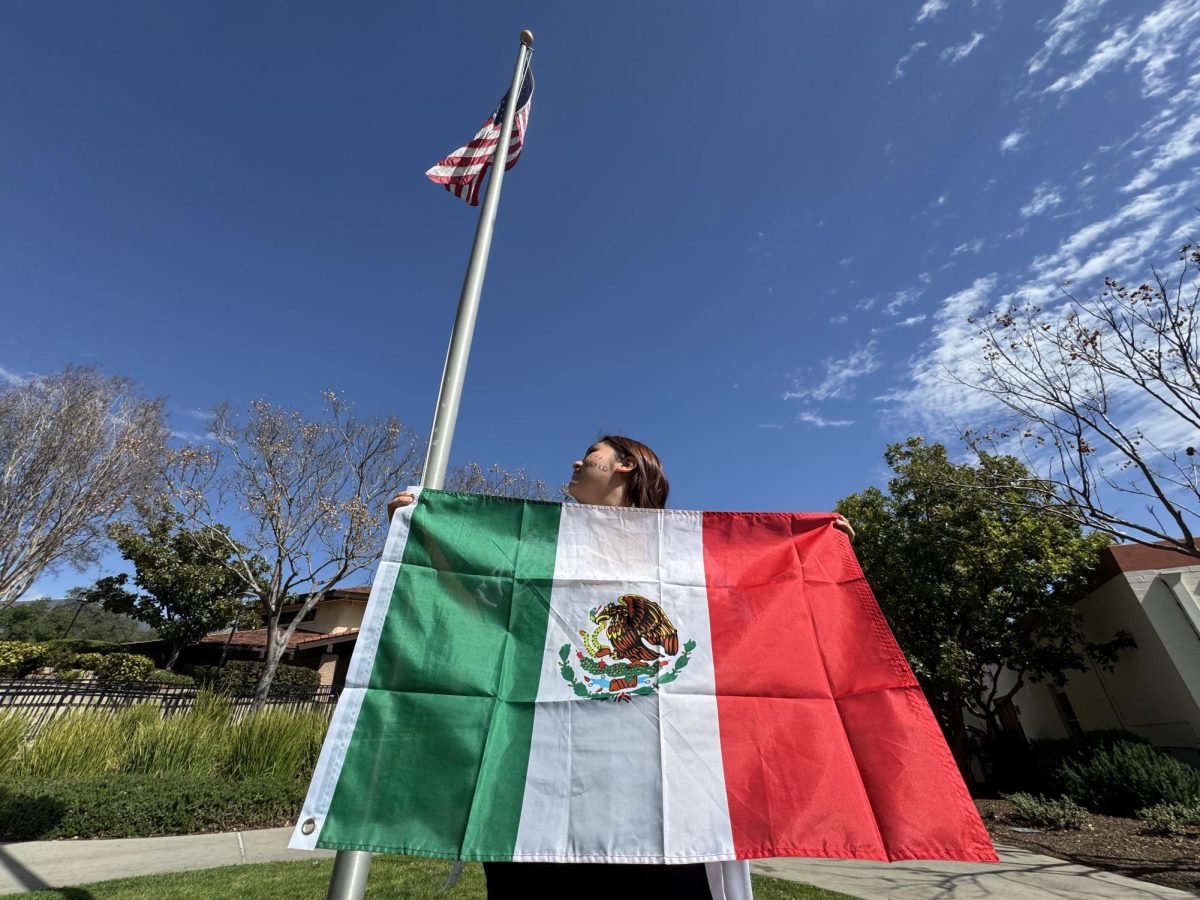
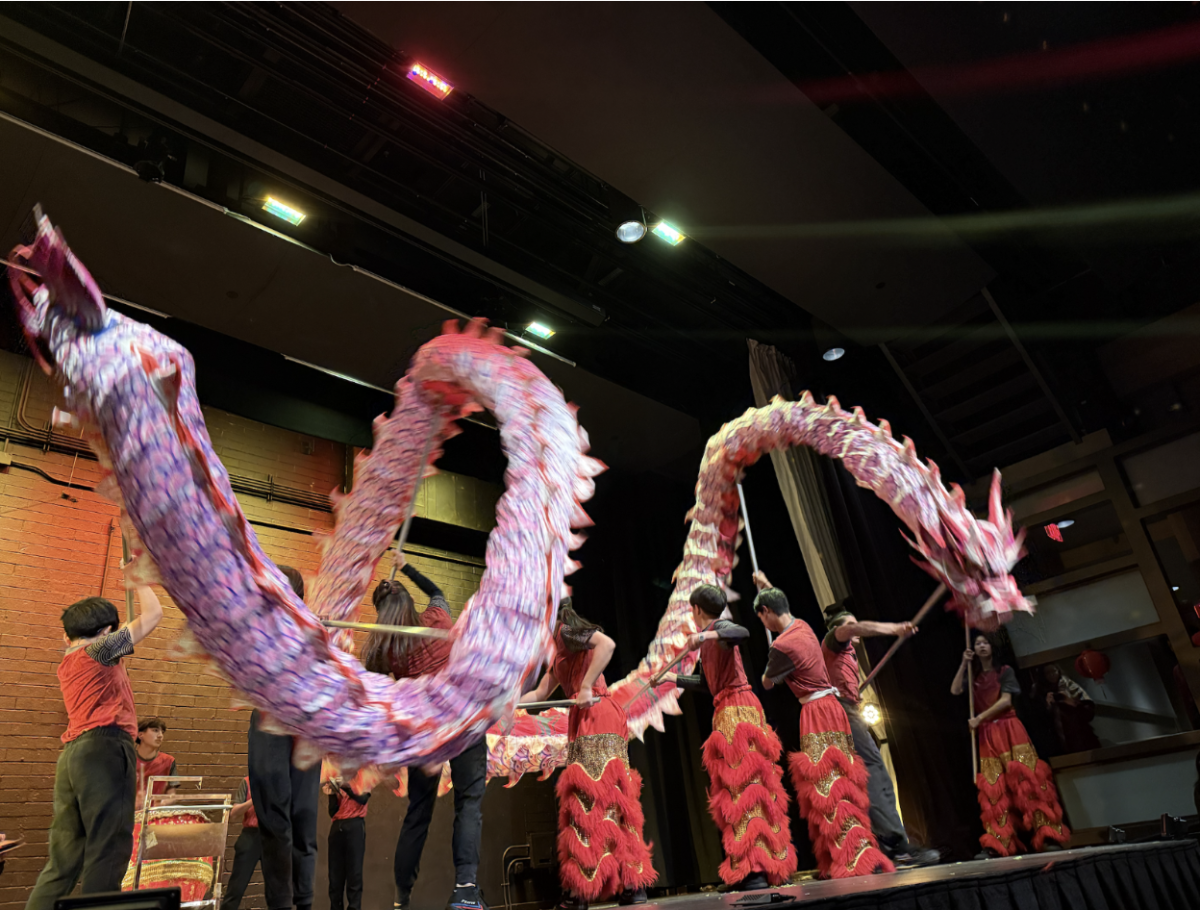
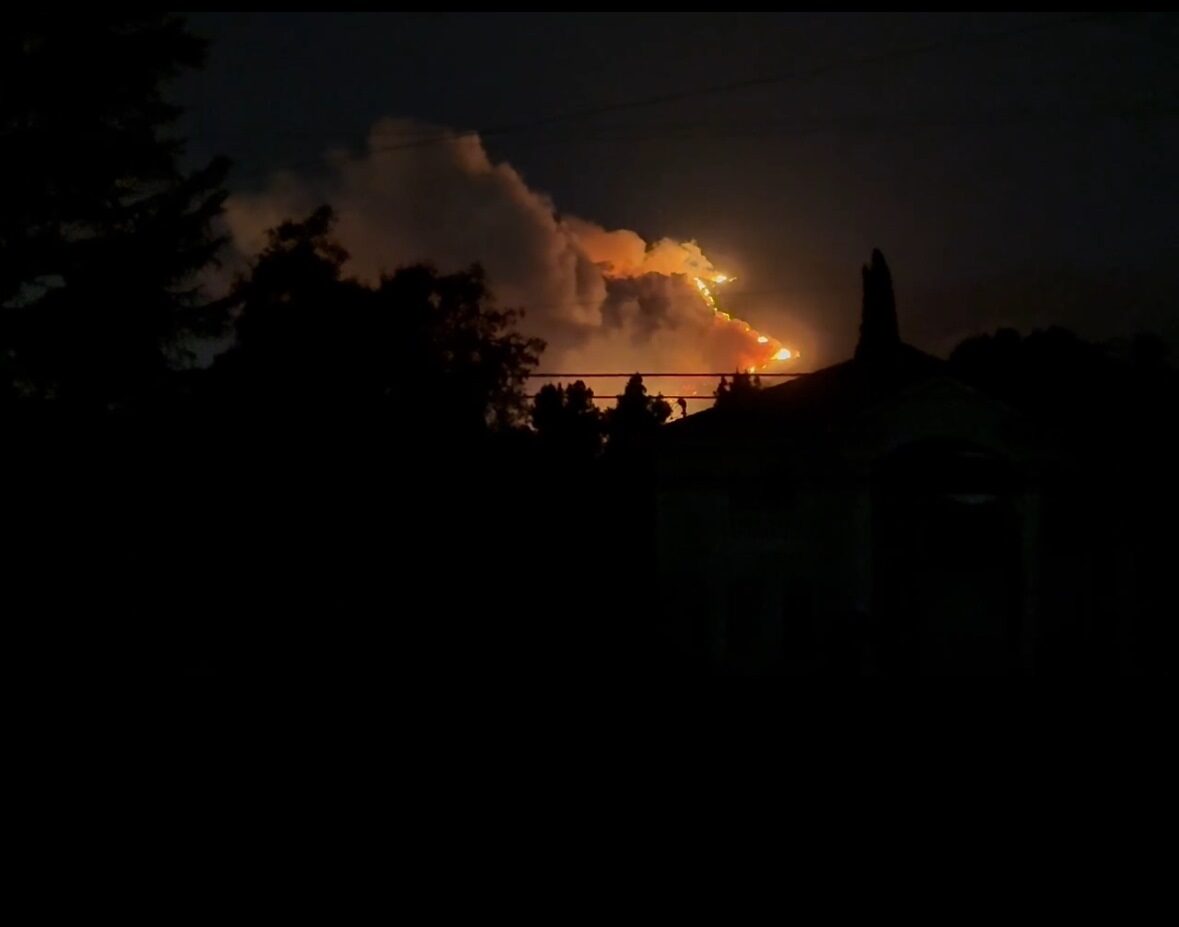
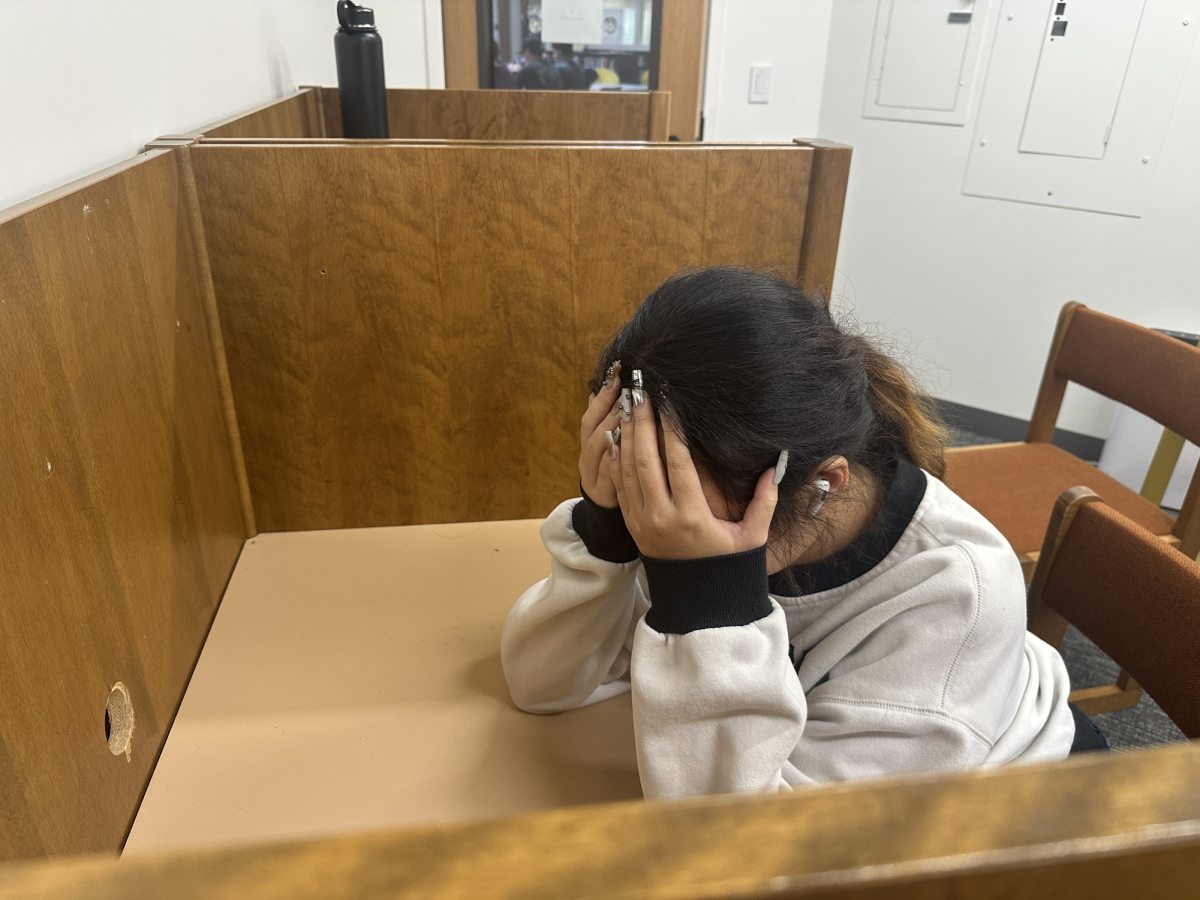

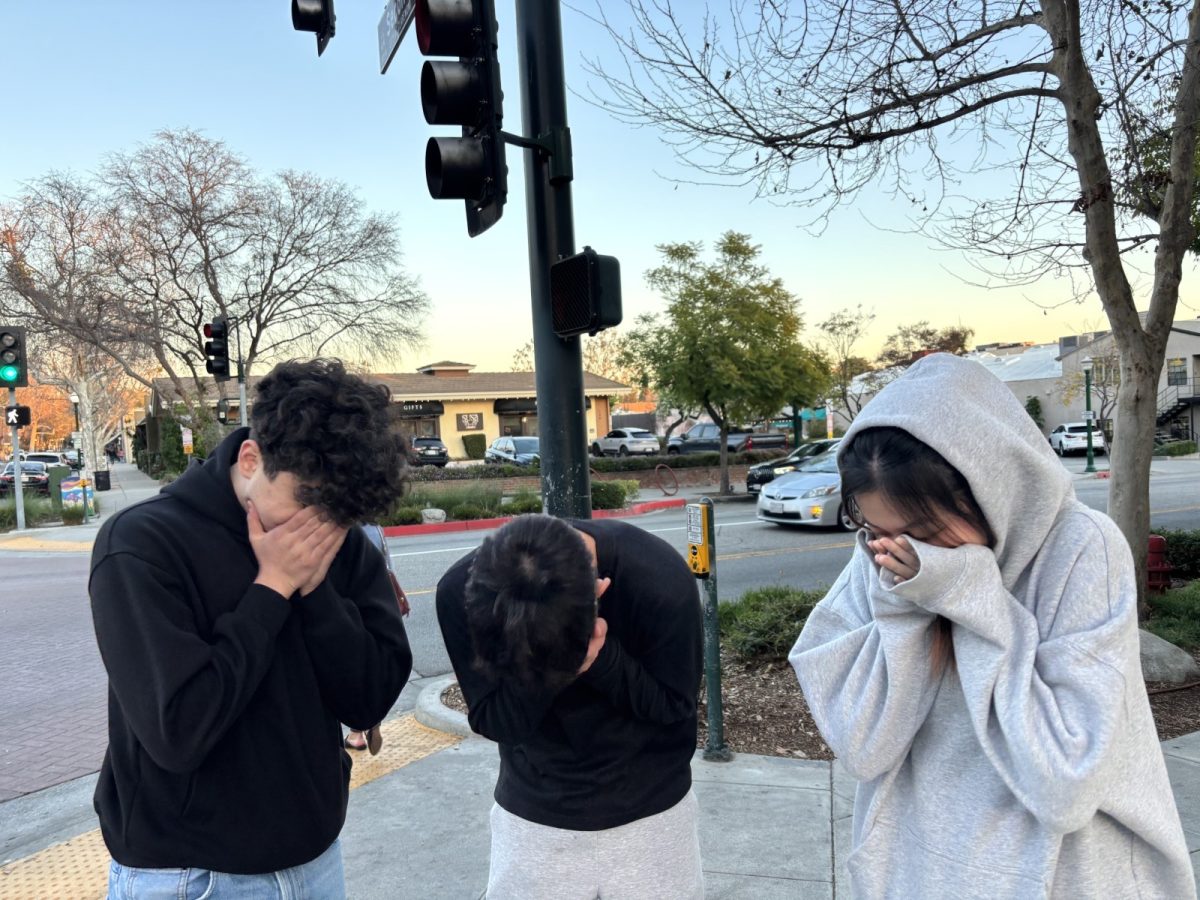
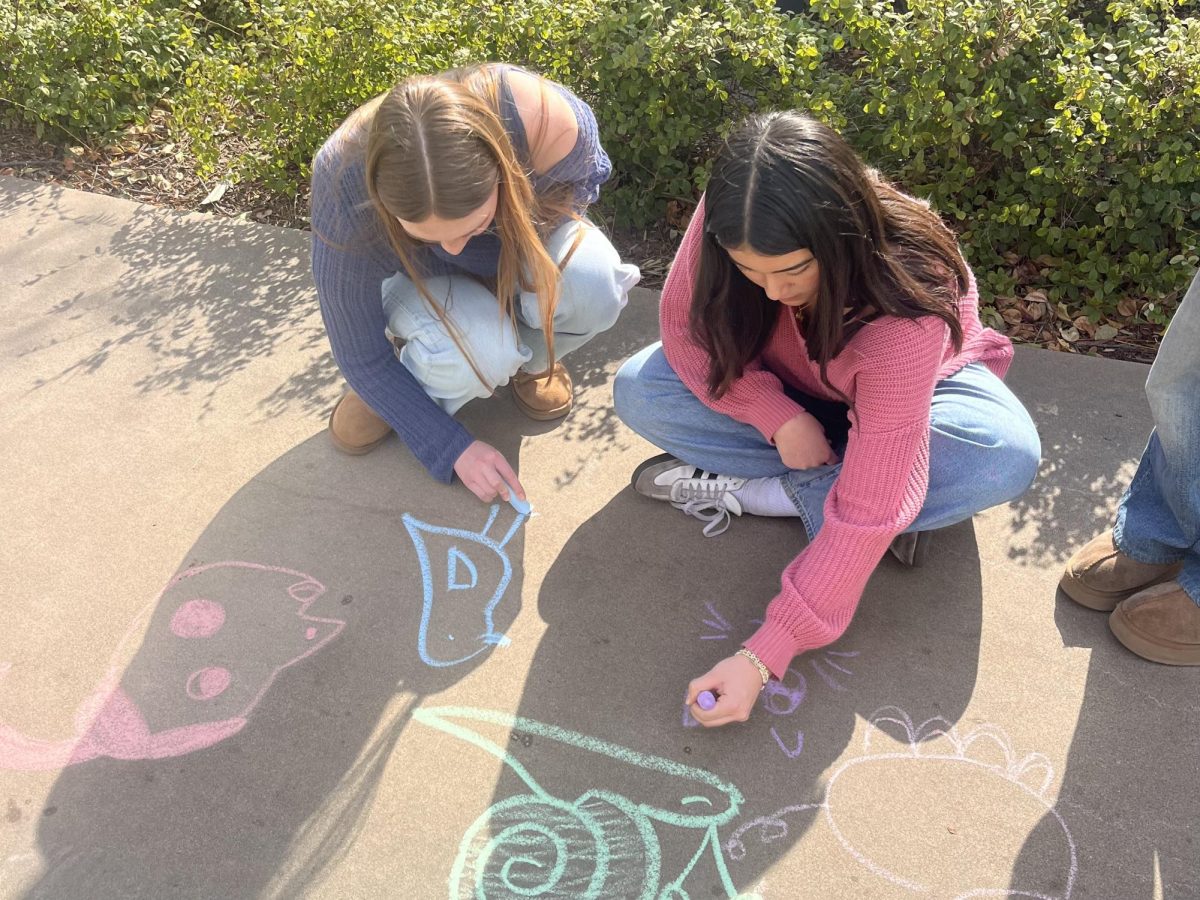
![Claire Yu (‘26), searching Jenn Tran on the internet, views endless articles about Jen’s personal, social, romantic, and television life. “I had never heard of her before but seeing that she is Asian American made me interested in [the] kind of contributions she made to pop culture,” Claire said. Scrolling through the internet, Claire is amazed at the impact that Jen has on reality TV. “It was cool searching about her as it’s rare for me to see this representation on TV,” she said.](https://webbcanyonchronicle.com/wp-content/uploads/2024/12/Morales-Webb-Students-Reflect-on-Media-Star-Jen-Tran-1200x861.jpg)
